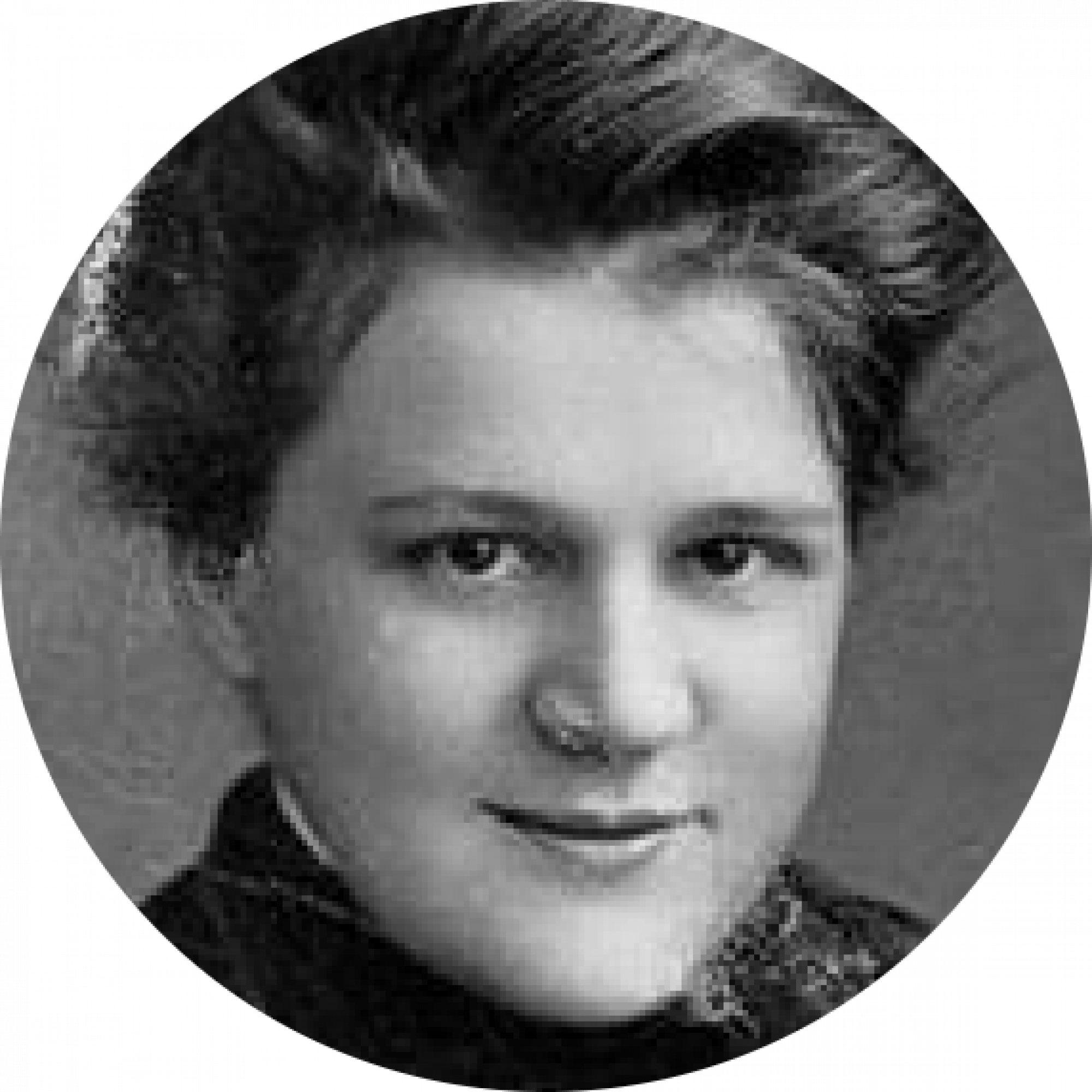It is thanks to Johanna Kappes’s persistent commitment to equal access to higher education that women were allowed to matriculate at universities in the Grand Duchy of Baden as of 28 February 1900. Today more than half of the students at the University of Freiburg are women. 1 In her book Ich stehe in der Sonne und fühle, wie meine Flügel wachsen: Studentinnen und Wissenschaftlerinnen an der Freiburger Universität von 1900 bis in die Gegenwart (I stand in the sun and feel myself growing wings: Female students and academics at the University of Freiburg from 1900 to the present), Ute Scherb investigates how the situation for female students at the University of Freiburg developed from its beginnings and through the end of the twentieth century.2
In 1899, Johanna Kappes (1879–1933) became one of the first graduates of the first women’s gymnasium to be founded in the German Empire in Karlsruhe. She fought successfully for her dream of studying medicine in Freiburg, opening the door for women to matriculate as degree-seeking students at Baden’s universities – and thus for the first time at any German university. Up to that point, women were allowed to audit classes with the permission of the professor but did not receive credit for their work. They were denied the possibility to earn a degree. 3 A remark by the Freiburg gynaecology professor Alfred Hegar demonstrates how great the reservations were. For him, it was incomprehensible ‘in what way the condition of admission to university studies can be fulfilled by women’.4
Johanna Kappes was not deterred by all of this. She spoke to various University of Freiburg professors and was admitted as an audit student. Even before the end of her first semester, the 1899/1900 winter semester, the organization ‘Frauenbildung – Frauenstudium’ (Female education – female enrolment) encouraged her to ‘fight for her proper admission and thus put an end to her tolerated status’.5 Johanna Kappes seized on this impulse and addressed the University Senate with a corresponding request. When it was rejected, she turned to Baden’s Ministry of Justice, Education, and Teaching.6 She received support in this endeavour from Adelheid Steinmann, chair of the organization ‘Frauenbildung – Frauenstudium’,7 and her husband Gustav Steinmann, the university’s vice-president.8 The ministry in Karlsruhe approved her request and enabled women to matriculate as degree-seeking students at Baden’s universities as of 28 February 1900.9
The ministry’s decision met with resistance: Two weeks later, the university sought to reclaim from the Ministry of Education the power to decide on women’s attendance rights, on the grounds that ‘certain lectures or parts thereof cannot be held in front of students of both sexes’.10 The attempt was unsuccessful – and Johanna Kappes successfully completed her medical studies, as did other female students who had matriculated with her for the first time.11
- https://www.statistik.uni-freiburg.de/
- Scherb, Ute, Ich stehe in der Sonne und fühle, wie meine Flügel wachsen“. Studentinnen und Wissenschaftlerinnen an der Freiburger Universität von 1900 bis in die Gegenwart. Königstein/Taunus, 2002.
- https://idw-online.de/de/news18330
- https://idw-online.de/de/news18330
- https://frauen-und-geschichte.de/website.php?id=denktag/2102261341.html
- https://www.des-volkes-stimme.de/die-erste-studentinnen-johanna-kappes-und-rahel-straus/
- https://idw-online.de/de/news18330
- https://www.leo-bw.de/web/guest/detail/-/Detail/details/PERSON/kgl_biographien/117259217/biografie
- https://www.des-volkes-stimme.de/die-erste-studentinnen-johanna-kappes-und-rahel-straus/
- https://frauen-und-geschichte.de/website.php?id=denktag/2102261341.html
- https://frauen-und-geschichte.de/website.php?id=denktag/2102261341.html

